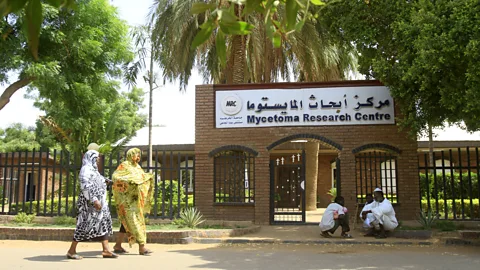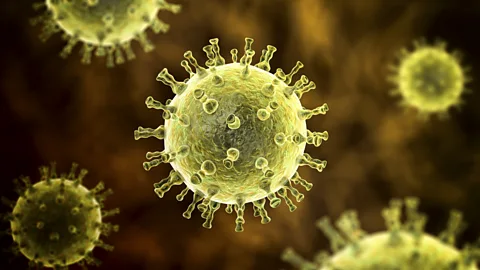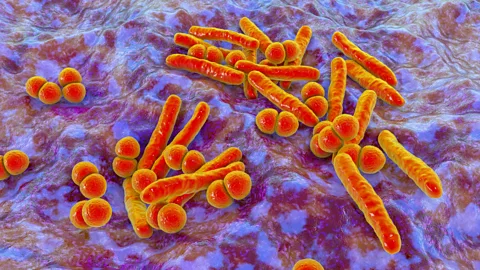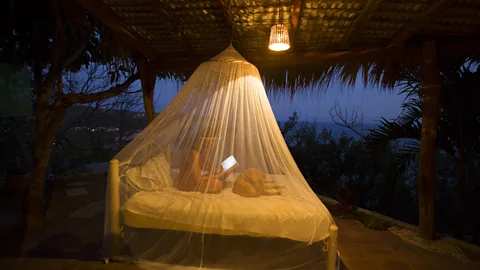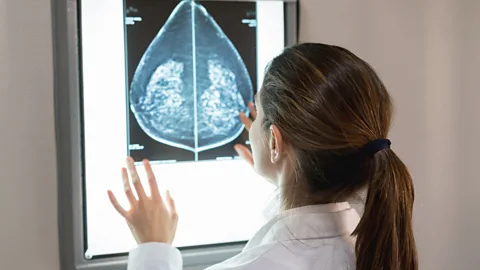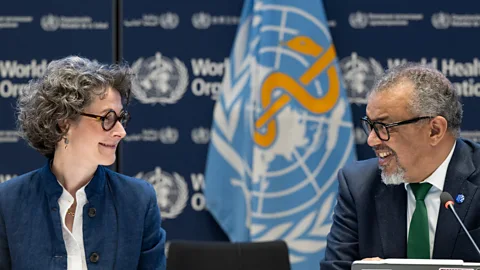
Health Check
Health Check
WHO agrees to a pandemic treaty
April 23, 2025
26 minutes
Available for over a year
After 3 years of discussions, 194 member countries of the World Health Organisation have agreed to the text of a pandemic treaty designed to make the world safer from a future pandemic – but what could it mean in practice and how are countries held to ?
Also on the show, how treating high blood pressure can reduce the risk of dementia. Researchers have suggested it takes more than just medication; lifestyle changes are also key to lowering the risk.
We learn how Oropouche is underdiagnosed across the Americas and the impact climate has on the spread of this insect-borne virus. Plus, a new weight loss pill has been found to reduce weight and blood sugar levels in its latest trial.
Has an anecdote you read online or heard from a friend ever changed how you feel about the medical choices you make? We hear about the power of anecdotes, especially negative ones, when making a decision for your own health.
Presenter: Claudia Hammond
Producers: Katie Tomsett & Hannah Robins
Studio Manager: Emma Harth
Production Co-ordinator: Josie Hardy
(Image:Co-chair of the negotiations and French ambassador for Global Health Anne-Claire Amprou (L) and WHO Director-General Tedros Adhanom Ghebreyesus after a consensus on the Pandemic Agreement at the WHO headquarters. Credit: CHRISTOPHER BLACK/World Health Organization/AFP via Getty Images)

